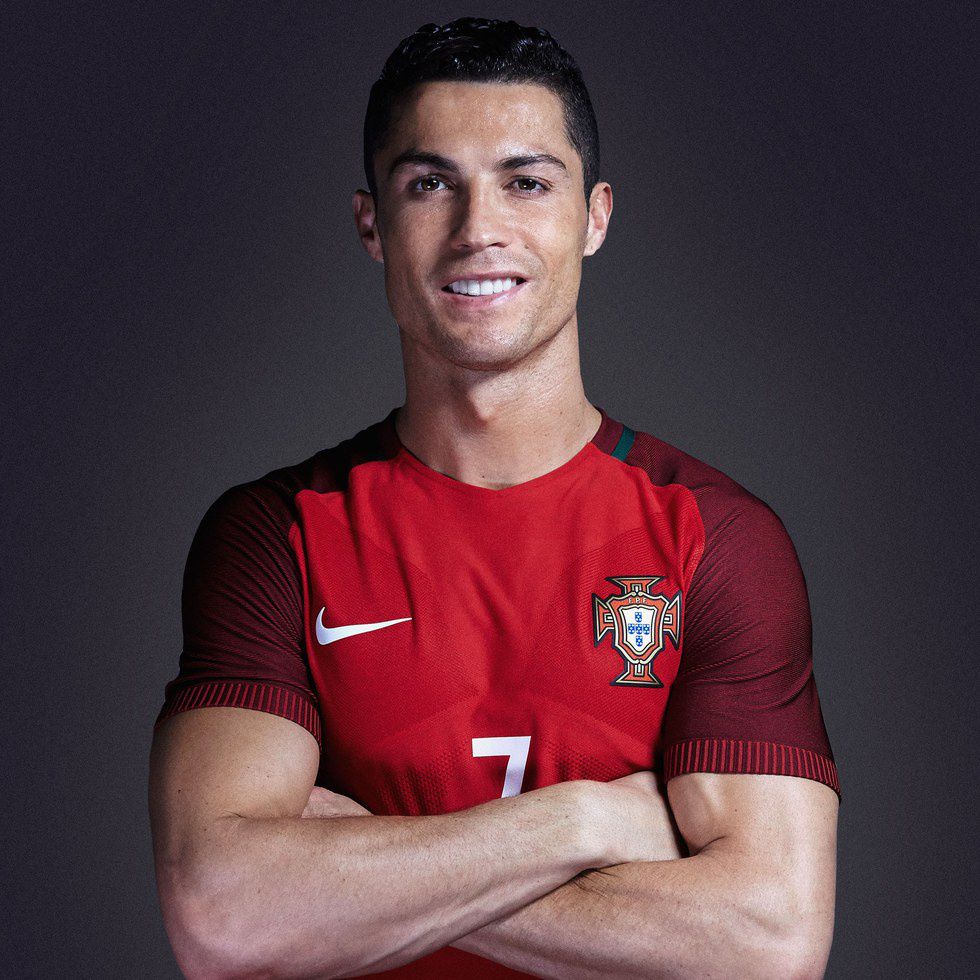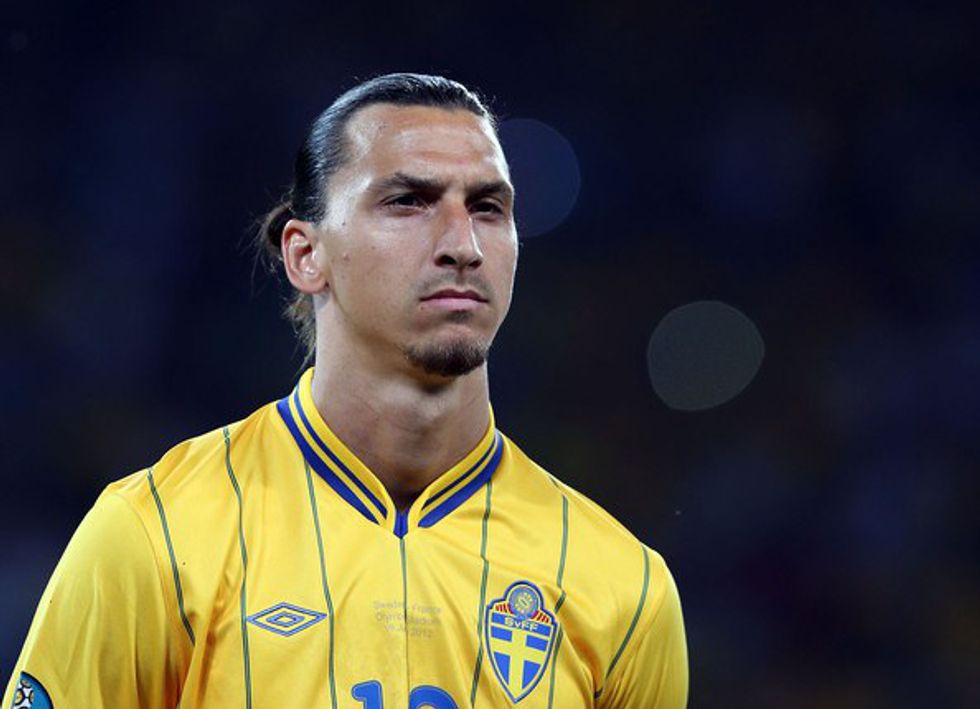The European Championship is upon us and the world, mostly Europe, is going crazy again. Now you might ask, what is all of this commotion about? Soccer. A lot of it. You might see soccer games on in local bars or European people wearing their national colors. These are natural circumstances for a tournament this big. Just like me during the NBA play offs you might not know what's going on, but what you do want is to appear interesting to your family, friends and co-workers by knowing exactly how this Championship works and more importantly which names to drop and what countries to support. Well don't worry, because I got you!
Basics
The European Championship is a soccer tournament. It's most not weird therefore if you don't know much about this Championship because soccer isn't one of the major sports in the U.S. However it is in the rest of the world. Just like the World Championship the European Championship is held every four years in a different country. This year's host: France. The Championship started on June 10 and will last four weeks.
Not every European country is participating. All European countries have to play games in order to qualify for the Championship. This year's big surprise is that The Netherlands, an otherwise competitor for the title, didn't qualify during the preliminaries thus isn't participating. Another surprising country that didn't qualify: Denmark.
Group stage
At the start of the Championship there are 24 countries competing. These countries are categorized at random in six groups of four. These four countries will play each other. If you win a match you get three points, a tie is one point and a loss results in zero points. After all the countries have played against each other the number one and two out of every group will go to the next stage, as will the third best countries from groups A/B/F, A/C/D, B/E/F and C/D/E. So 16 countries will go to the next round and the other eight countries can pack their bags and go home: they are disqualified.
Here are the six groups:
Group A: France - Romania - Albania - Switzerland
Group B: England - Russia - Wales - Slovakia
Group C: Germany - Ukraine - Poland - Northern Ireland
Group D: Spain - Czech Republic - Turkey - Croatia
Group E: Belgium - Italy - Ireland - Sweden
Group F: Portugal - Iceland - Austria - Hungary
How to win
After the group phase, all the qualifying countries will play one other country in the Quarter finals. From here on the Championship will work with a knock-out system. The rules are simple: if you win, you go to the next round; if you lose, you are out. If at the end of the match the game is a tie, then the match will have an extension period of 30 minutes in total, with a break after 15 minutes. If the game is still a tie by then, there will be penalties. Every team gets five penalties, the team that scores the most wins the game. If it's still a tie after 5 shots, then the penalties will continue until one team misses and the other one scores.
The Quarter finals consist of the last eight countries. Then they will go to the Semi finals, which will consist of four countries. The final will be between the winners of the Semi finals. The final will be on July 10 at the Stade de France in Paris.
Who do I look out for?
You must think, all of this information has been great, but who do I look out for? What team should I support and what players do I look out for?
The predicted winner:
The predicted winner at the moment is France. France has a strong team that consists of a lot of good players. They also have the home advantage during every game. Most people are expecting them to win.
The veterans:
Germany and Spain are countries that do well during every Championship, European and worldwide. Both teams have players that play at the best clubs in Europe. Their teams consist of the crème de la crème in soccer. Spain won the World Championship in 2010 and the European Championship in 2012, meanwhile Germany won the most recent World Championship in 2014. During the European Championship of 2008, the final was between Germany and Spain, the end result was 0 - 1 in Spain's favor.
The star players:
Portugal and Sweden might not have the best teams like France, Germany or Spain, but they do have two of the best players in the world. Portugal has Cristiano Ronaldo, whereas Sweden has Zlatan Imbrahimovic. Cristiano Ronaldo has been called FIFA World Player of the Year three times in his career (2008, 2013 and 2014). Zlatan Imbrahimovic has won the award for Swedish soccer player of the year almost every year from 2005 until now (the only year he didn't win was in 2006). From 2012 until now he played for Paris Saint-Germain, one of the top clubs in France, he will leave the club after the Championship to transfer to Manchester United. While playing for PSG, he won Les Trophées UNFP de football in 2013 and 2014. This award is also called the oscar of French soccer.
Cristiano Ronaldo
Zlatan Ibrahimovic
The good team with bad luck:
Belgium has a good team with a lot of players that play at top clubs all throughout Europe. Belgium has the most expensive team, meaning that clubs throughout Europe have paid the most for all the players in total to acquire them. The total worth of Belgium's team is 318,9 million pounds, which is slightly less than 455 million U.S. dollars. Belgium, however, never does well at tournaments. They are also in a tricky group with Italy (another strong team) and Sweden. Will they make it this time around?
Hopefully this crash course has made the European Championship a lot clearer and maybe you can even participate in a conversation about the tournament when it comes up and wow your audience with all your knowledge! Let the games begin!


























